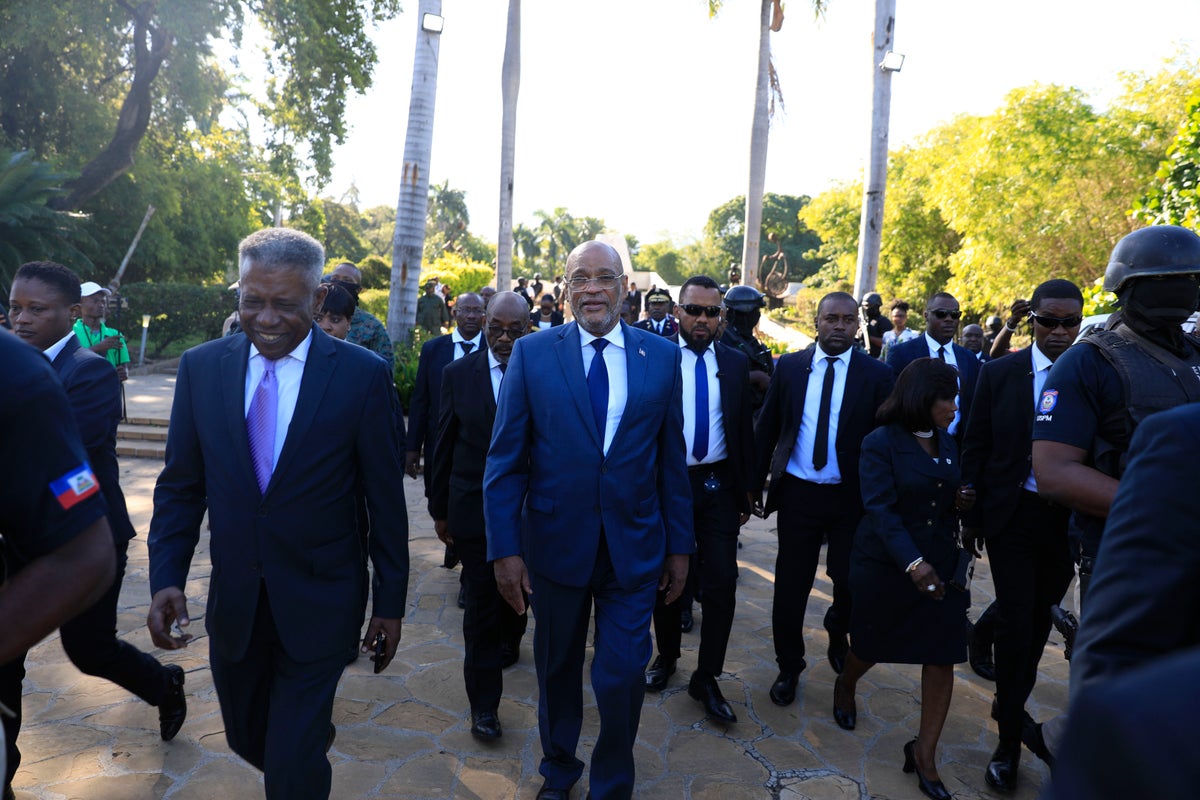
Haiti’s prime minister on Monday formally appointed a transition council charged with ensuring that long-awaited general elections are held in a country with no democratically elected institutions.
While many doubt the creation of the council will help the government hold elections this year as envisioned, Prime Minister Ariel Henry said it was a significant step toward that goal.
“It is the beginning of the end of the dysfunction of our democratic institutions,” he said.
Haiti has failed to hold elections since the July 2021 assassination of President Jovenel Moïse. Henry assumed power shortly after Moïse's death, and promised that his administration would do so.
In early January, the terms of the remaining 10 senators expired, leaving no elected officials in place for a country of more than 11 million people.
Henry called on all Haitians to unite and fight for change as the country continues to spiral, with poverty and hunger deepening and violence spiking. The prime minister also thanked the council’s three members for agreeing to join the government in the “noble and thankless task of serving our country in these difficult times.”
The council’s three members are Calixte Fleuridor with Haiti’s Protestant Federation, who will represent civil society; Mirlande Manigat, a law professor and former first lady and presidential candidate who will represent political parties; and Laurent Saint-Cyr, president of the Haitian Chamber of Commerce, who will represent the private sector.
The council also will be responsible for working with government officials to reform Haiti’s constitution, implement economic reforms and reduce violence as gangs continue to grow more powerful since the presidential assassination, leading to a rise in killings, kidnappings and rapes.
The High Transition Council, as it’s known, also will choose the members of a provisional electoral council that needs to be in place before election planning begins.







